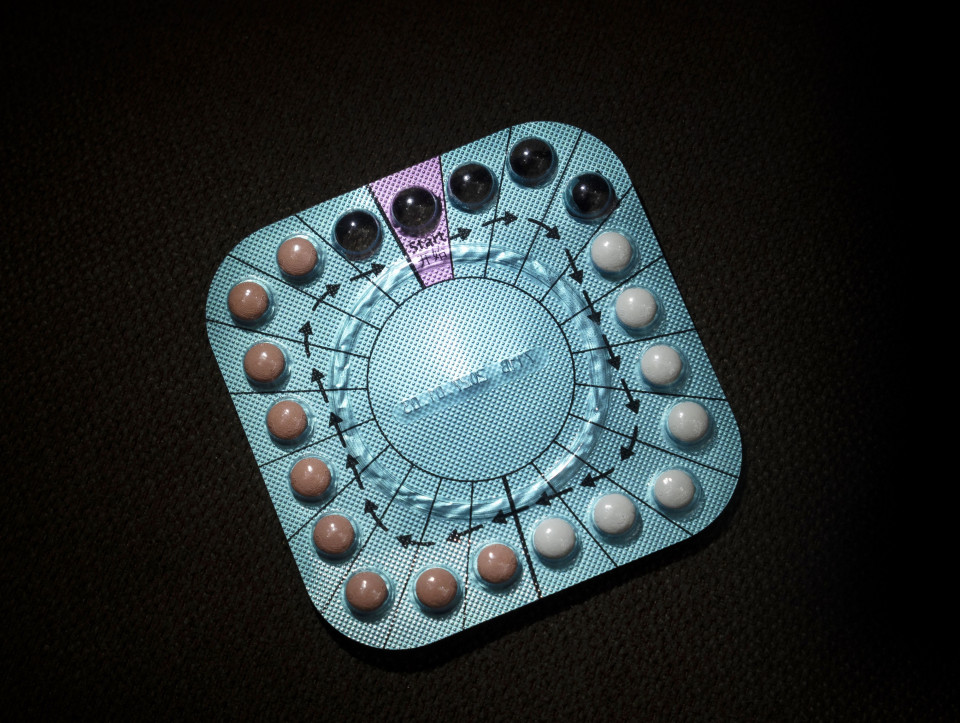As gender diversity spreads around the world, the position of sexual minorities in Chinese society is deteriorating, with many sent to correctional facilities where they undergo brutal treatment in the name of "conversion therapy."
The accusation comes from a group of victims and their supporters who in recent interviews revealed that there are some 100 such facilities in the country, including hospitals and private institutions. They say inmates are subject to beatings and other violent acts to attempt to "correct" their sexual orientation or gender identities.
While prejudice based on conservative ideas pervasive in Chinese society plays its part, one expert said discrimination against lesbian, gay, bisexual, transgender and queer people is being spurred on by the Chinese leadership under President Xi Jinping, who see respecting the rights of sexual minorities as a "Western value."
The leadership "fears that any human rights activism by LGBTQ and other sexual minorities would lead to criticism of the system," Tomoko Ako, a University of Tokyo Graduate School professor specializing in contemporary China, told Kyodo News in a recent interview.
Many of the inpatients at facilities in Shanghai and other cities and provinces such as Hebei, Hubei and Sichuan are young people in their pre-teens, teens and 20s who say they were more or less forcibly brought to facilities by family members.
Even when they are able to escape for a short while, they are often brought back by police.
In what has become a rampant abusive practice, officers at facilities tell inmates that they are "sickening and useless," beat them and have them strip naked in front of others. The victims say some of them have also been sexually abused by officers at the facilities.

With a look of torment, a 23-year-old university student known as Reisen, who prefers the pronouns "they and their," recalled the "conversion therapy" they experienced last summer after being tricked into taking a ride with their father.
Reisen grew up as the eldest son of a family in Kunming, Yunnan Province, in the south. But around middle school, Reisen felt "different to other classmates."
"I noticed I had different feelings toward the opposite sex and my own subjects of interest," Reisen said, adding, "I was afraid to tell my parents about this."
Last August in Chengdu, Sichuan Province, Reisen was convinced by their father to take a drive with him to collect money for school, but when the pair arrived at their destination, it was a facility "for correction" adorned with military designs.
Aware that his "son" was a member of a sexual minority, the father forced Reisen to go through the admission process. Reisen's shoulder-length hair was sheared into a short crop at the facility, where the inmates were taught traditional Chinese values. Reisen also witnessed the sexual assault of a girl -- a young teen or perhaps even younger -- by an instructor who was a retired veteran.
In mid-September, with the support of a college professor and classmates, Reisen managed to leave the facility. It was "hell," Reisen said, adding, "The only emotion I have for my father now is hatred."

Having lost their place in Chinese society, large numbers of members of sexual minorities are now fleeing abroad.
Molly, 24, moved to Finland from China in 2022 and now has a research job there. Born male, Molly, who also prefers the pronouns "they and their," identifies more as a female than a male but says they do not like to be categorized as either.
Molly was forcibly brought to a facility -- at their father's behest -- seven years ago.
"I felt like I was having a mental collapse," Molly said in an online interview with Kyodo News, adding they became a victim of sexual abuse at the facility.
Inmates at the correctional facilities are denied access to the outside world with their smartphones and computers confiscated. Apart from their hair cut short, they go through tough military-like training and attend classes on traditional gender roles of "men who work and women who give birth."
Homosexuality used to be considered a mental disorder and was once outlawed in China. Patients were subjected to electric shock "correction" treatments, provoking criticism from international human rights organizations.
Homosexuality became legal in 1997 and was removed from the mental illness category in 2001, but the situation has deteriorated again in recent years.
In May last year, the Beijing LGBT Center discontinued its activities for protection of sexual minorities' human rights, ostensibly under pressure from Chinese authorities.
According to one estimate, China has an LGBT population of 75 million. "Thousands of them are considered victims of violence, but we don't know the exact number," said a member of a Chinese support group.
"Not only sexual minorities but also members of support groups are under pressure, subject to summons by the police and surveillance," noted Ako, the University of Tokyo Graduate School professor.
She said that Xi's leadership uses its dismissal of the concept of the rights of sexual minorities as a Western value in its propaganda, and that "people have been widely influenced, including the parental generation."
For people like Molly, living in such a society is no longer a viable option. "I don't have a place in my homeland. It's too dangerous to return there," Molly said.
Ako suggested giving a voice to sexual minorities is needed more than ever. "It is precisely in China, where speech is controlled, that it is important to communicate from the perspective of minorities," she said.
Related coverage:
FEATURE: Japan feminist Ueno's books resonate with struggling Chinese women
Japanese court approves nonsterilized trans man's gender change
Japan firm nixes translation of U.S. book questioning trans surgery
 By Masafumi Sugita,
By Masafumi Sugita,









 By Mei Kodama,
By Mei Kodama,